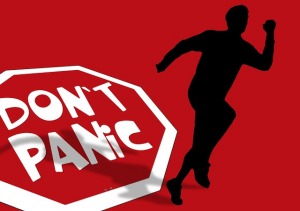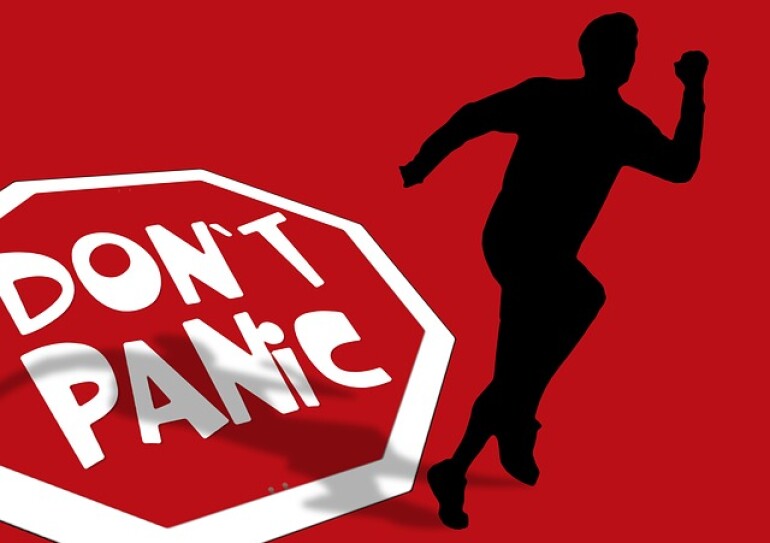 “Do you think I’ll get better?”
“Do you think I’ll get better?”
“how many sessions will it take?” –
Questions that surely are common to most therapists? I sometimes wonder why we place time limitations on healing, how do we know when we will get better or in fact what does getting better even really mean.
We can place pressure on ourselves to get better e.g. going back to work the next day after bereavement or spend infinite amount of time grieving. What we know are that anniversaries of particularly difficult times are always crises points in our lives. We remember and inadvertedly keep dates that were painfully hard as well as those that are joyous and cultural.
More commonly now we are asked as therapists to make this judgement, time limited therapy has been a popular economic choice for many services (in fact you’d be hard pushed to find free open ended therapy).
The type of the therapy is a huge consideration, we that Neuro-Linguistic Programming and Cognitive Behavioural Therapy have shorter turnaround times for clients, we can show outcomes efficiently but do we get the reflective depth that open ended Person Centred Work would give?
So when considering time limited therapy sessions it is important to consider to whos benefit we are working; the therapist otherwise known as the club bouncer operating the “one in, one out” service, the service – wanting to be altruistic and provide counselling to everyone who needs it, but within the limits of six sessions or the client – “I want to get better, how long will it take?”.
I’m glad I no longer wear a watch – free myself from my own shackles of time.

